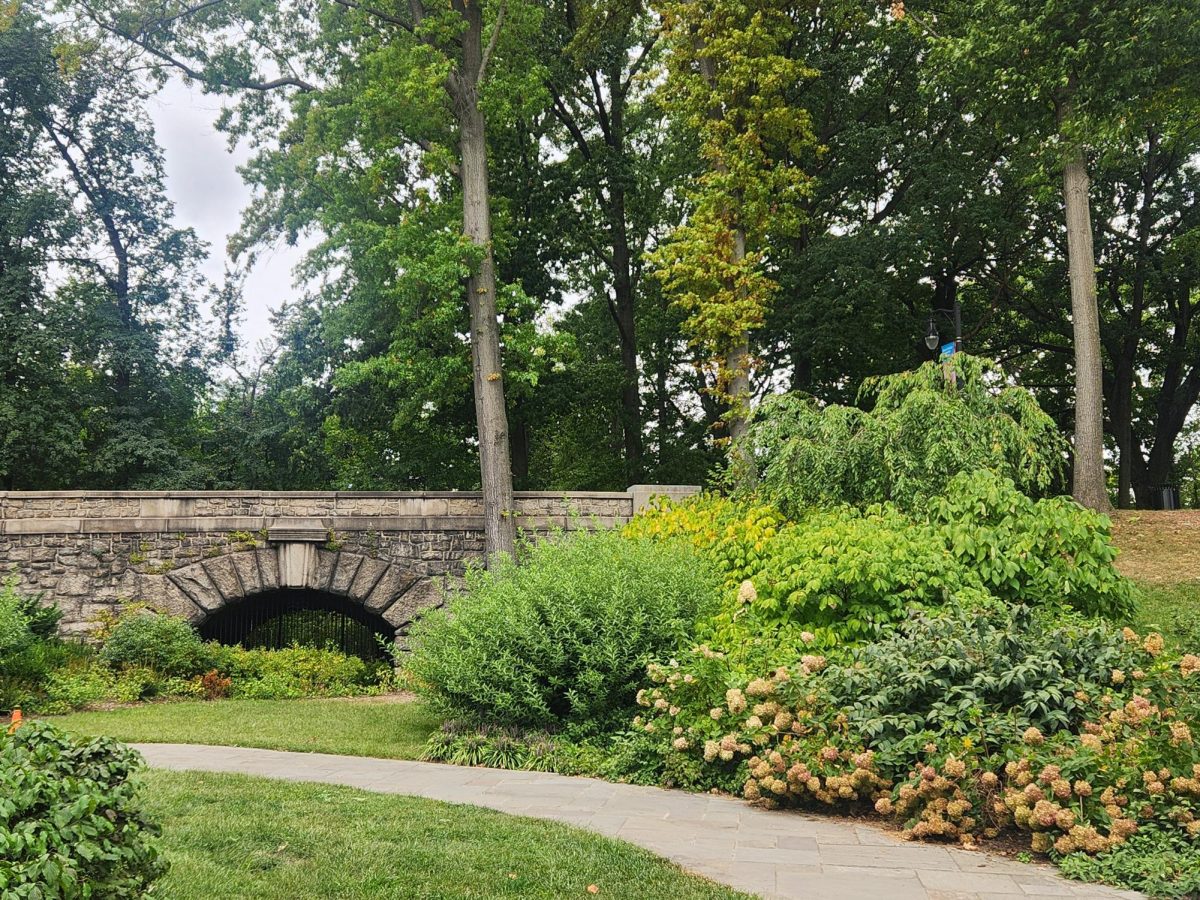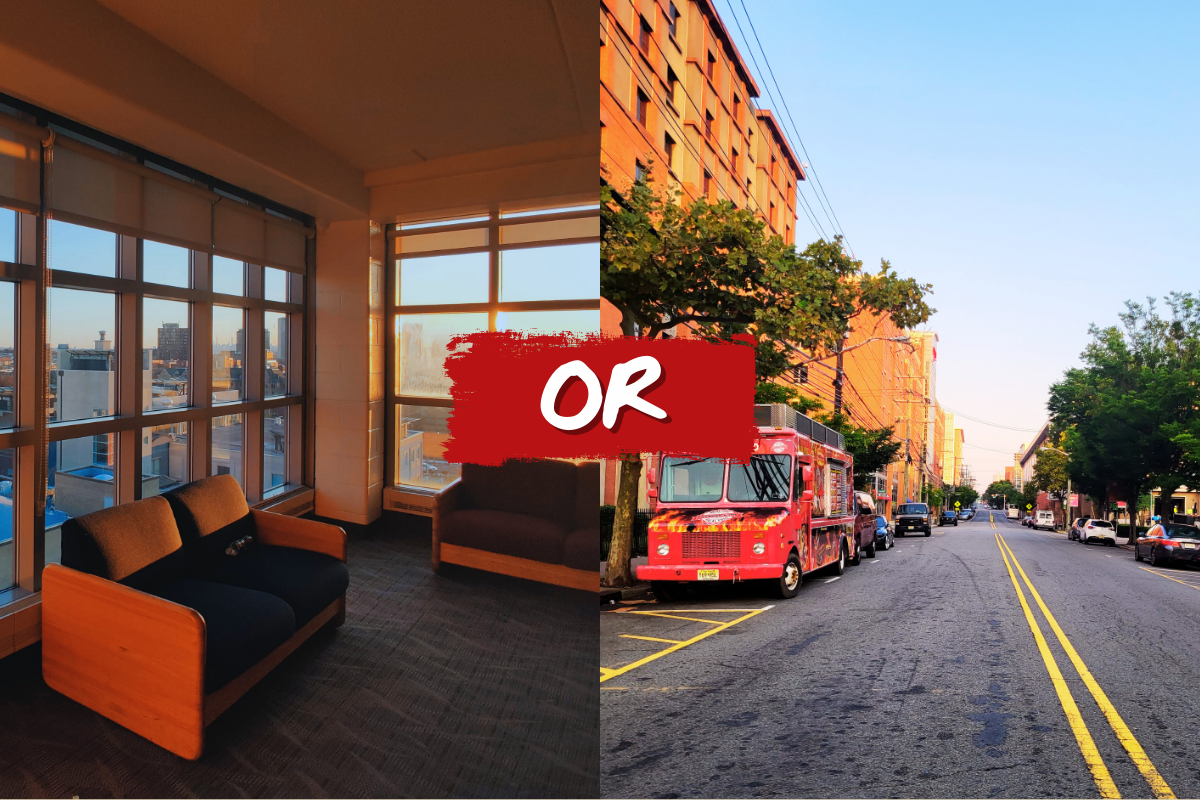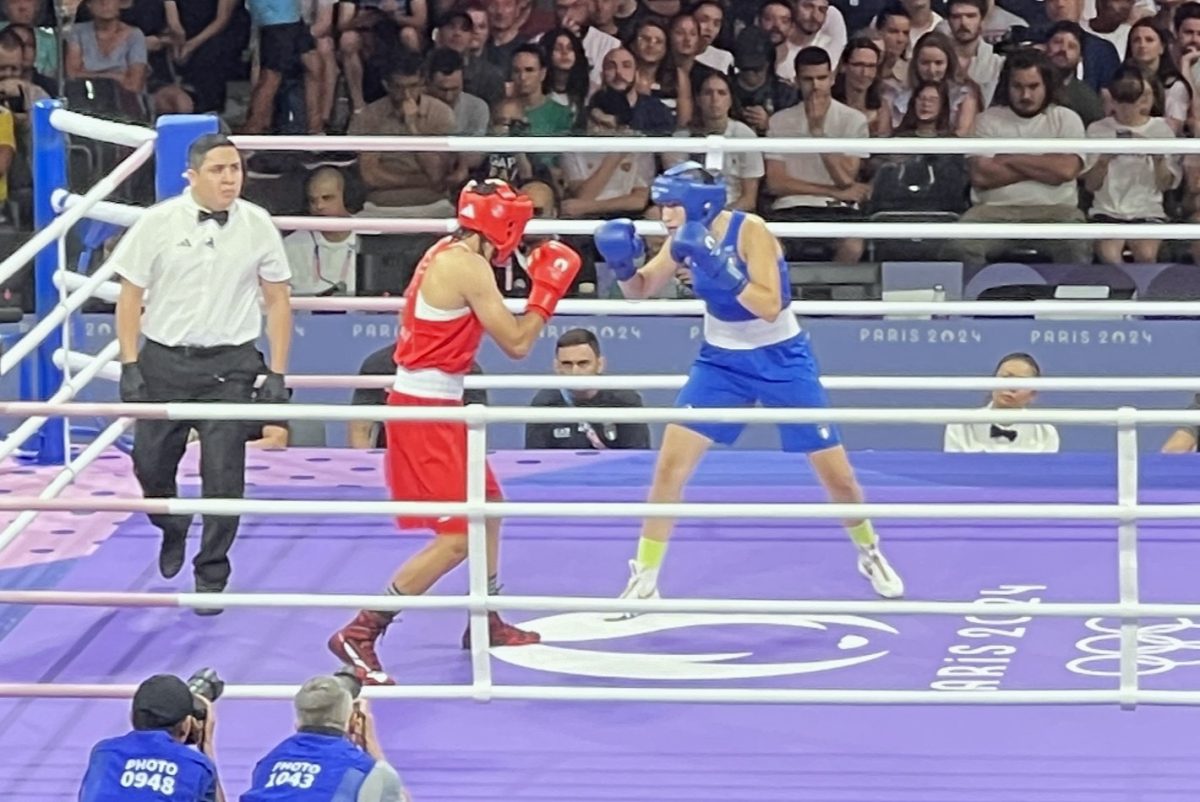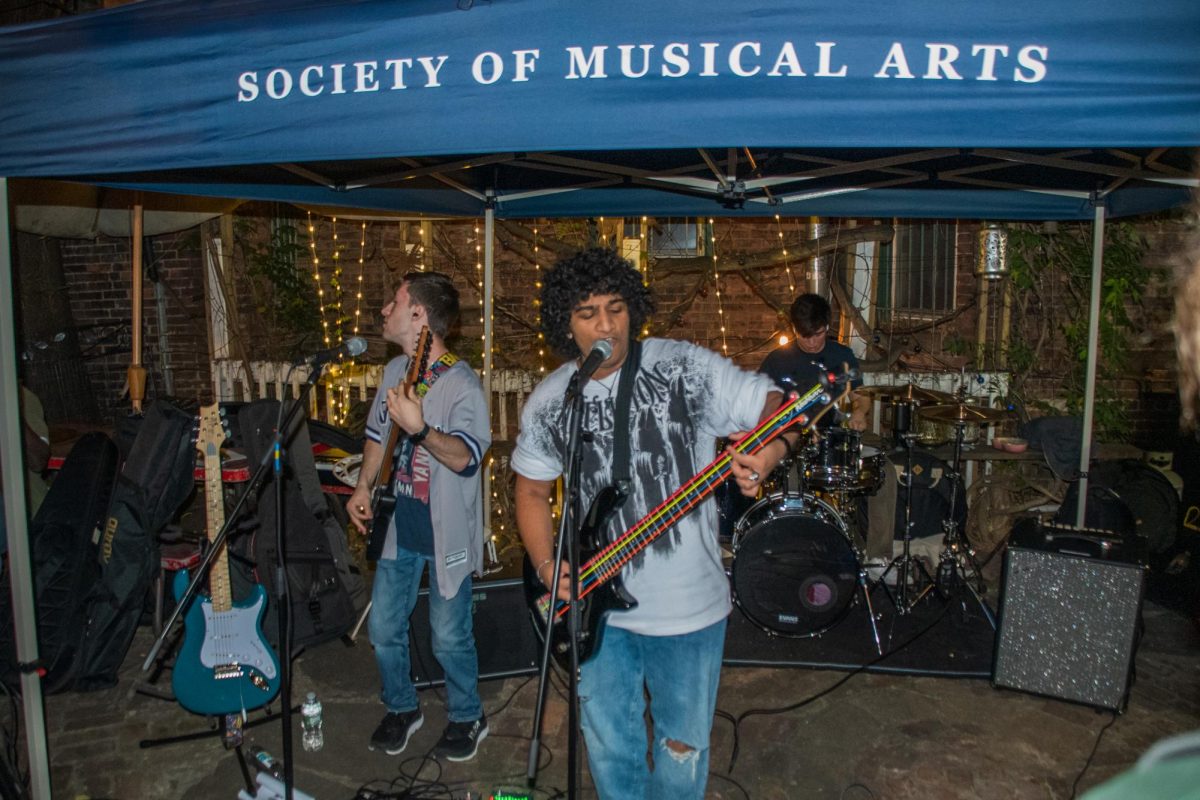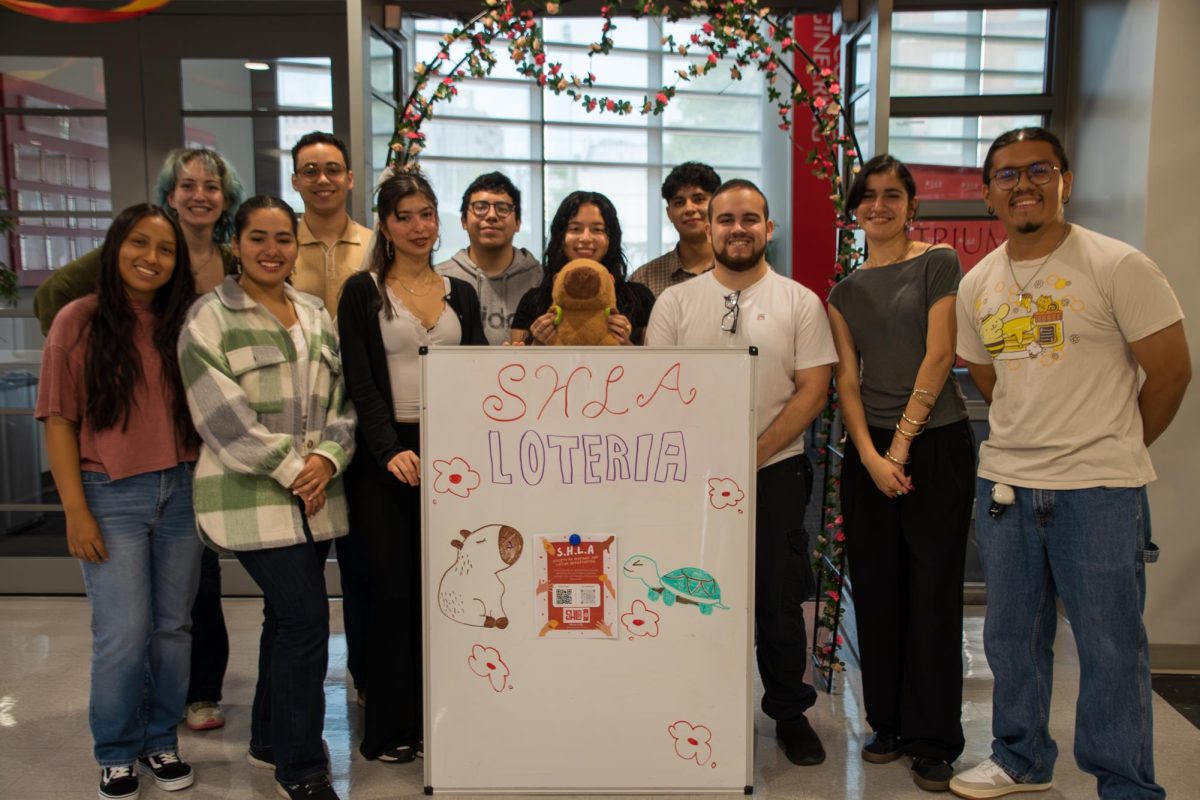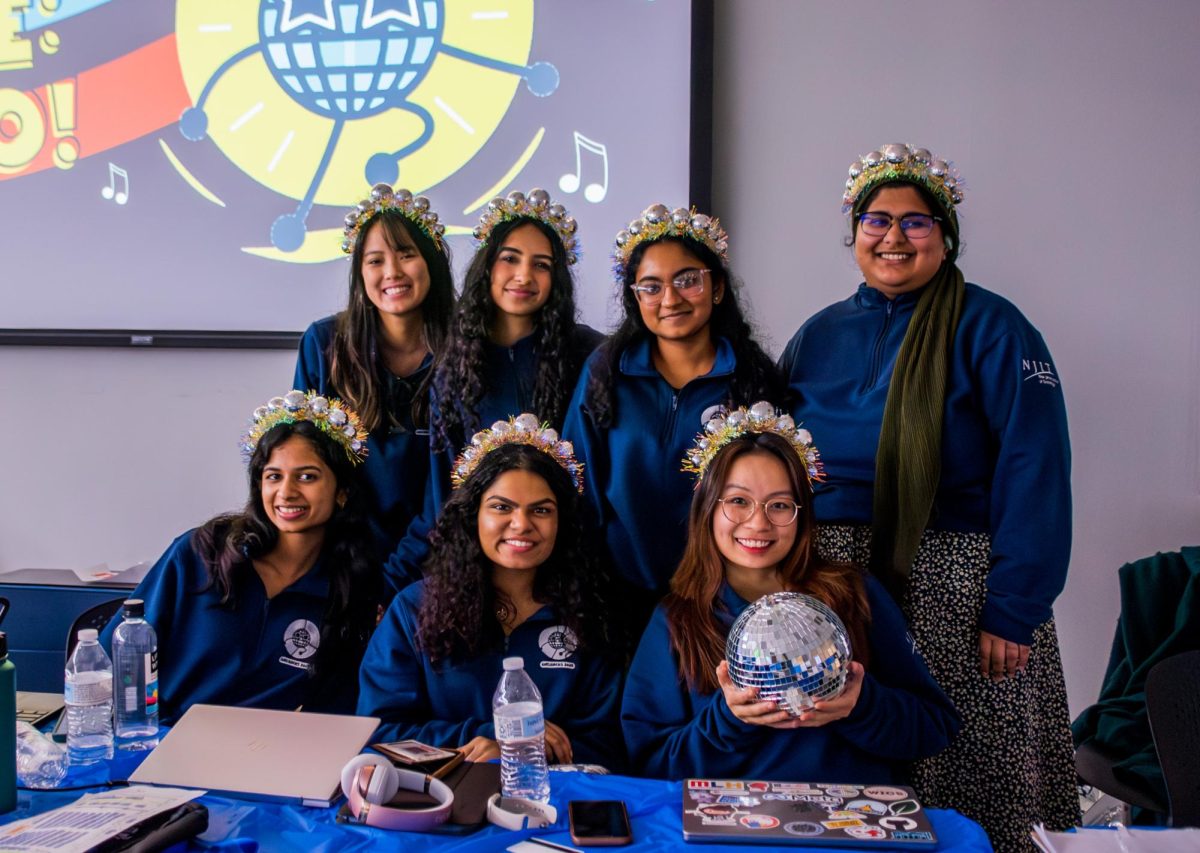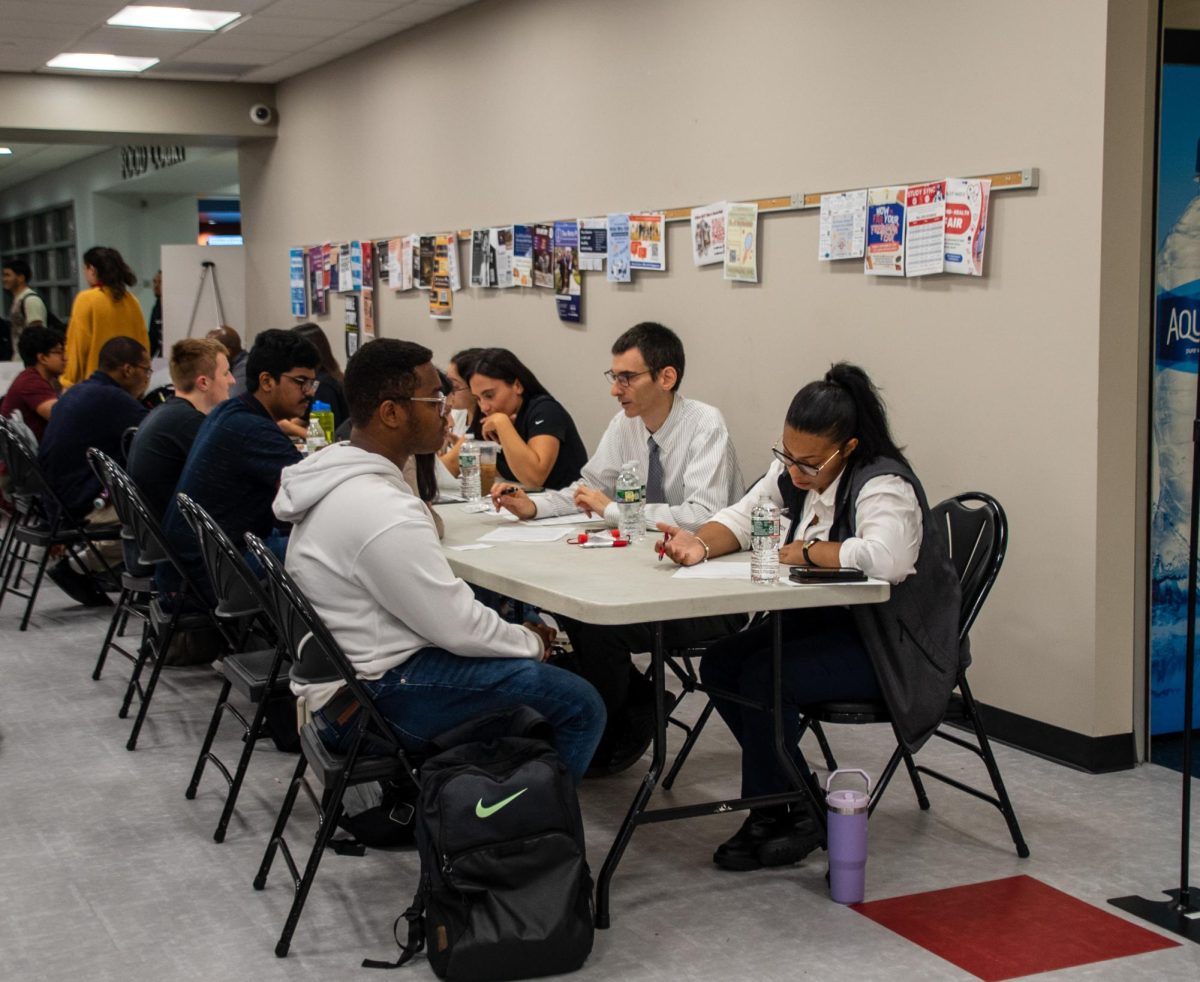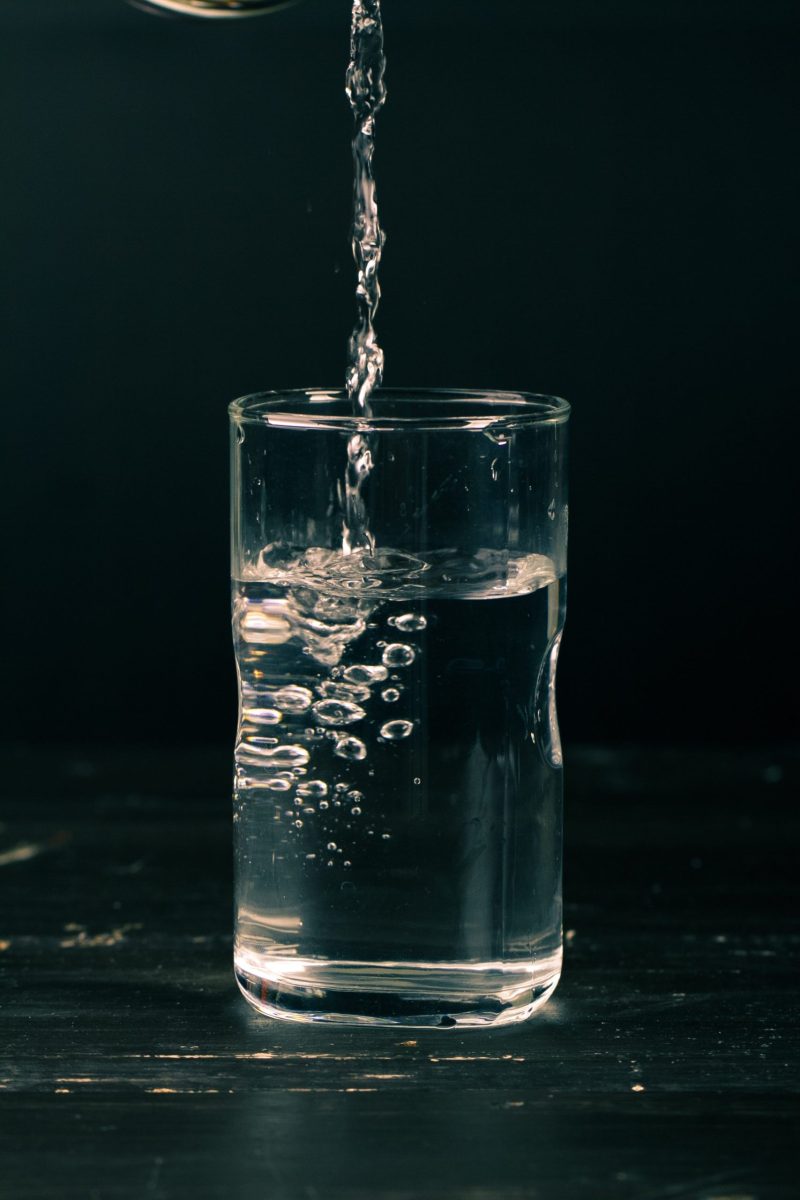With more than 17,000 of approximately 19,000 lead service lines already having been replaced to combat the exposure of lead to Newark residents drawing from the city’s water supply, advocacy groups and the City of Newark, New Jersey have recently proposed a settlement agreement for a lawsuit made over the lead water crisis.
On Jan. 26, Newark officials and the New Jersey Department of Environmental Protection came to a mutual agreement with Newark advocacy groups, the Natural Resources Defense Council and the Newark Education Workers Caucus, who issued the original litigation.
The original lawsuit, filed in June 2018, had not come as a surprise to Newark residents. The Newark Board of Education had detected high lead levels in school drinking fountains years before, with other residential and public buildings surely affected. The city’s quality reports in 2018 revealed that some sections of Newark reported lead levels at 47 parts per billion, far higher than the what the EPA deemed safe for drinking, at 15 parts per billion.
An aggressive lead service line replacement program followed, vowing to replace all 18,720 affected lead service lines within 24-30 months beginning March 2019, as opposed to its original 10-year effort. Despite adaptations made during the COVID-19 pandemic, even with Newark’s stay-at-home orders, the job is nearly complete, and ahead of schedule. The city also handed out thousands of water testing kits and filters on an individual basis.
The parties that issued the lawsuit did not seek monetary damages. Instead, the settlement requires the City to finish replacing all lead service lines in order to protect all citizens. It also ensures that the city must continue to provide free water testing and filters until the job is complete.
Some advocacy groups, such as the Newark Water Coalition, that seeks to recognize system environmental racism and long-term effects, suggest that more demands must be fulfilled for citizens that already and will continue to be affected by lead levels, including a full funded 10-year program for victims of lead poisoning and a moratorium on water utility bills until lead levels test at zero.
Yvette Jordan, the Chairwoman of the Newark Education Workers Caucus, is proud of their team’s actions in pushing for secure and safe drinking water for families in Newark. She also remains optimistic given the outcomes of the settlement with the City of Newark, saying that “we are just excited that the service lines will be replaced, fully replaced, and that’s exciting for us because our residents are the most important thing.”
“What we saw is that many people started self-advocating for themselves, and that is really great, said Jordan. “This is a national model, when residents see something, they actually stand up and do something.”






